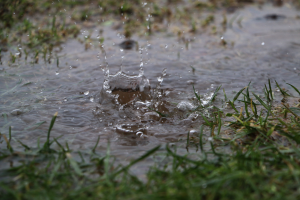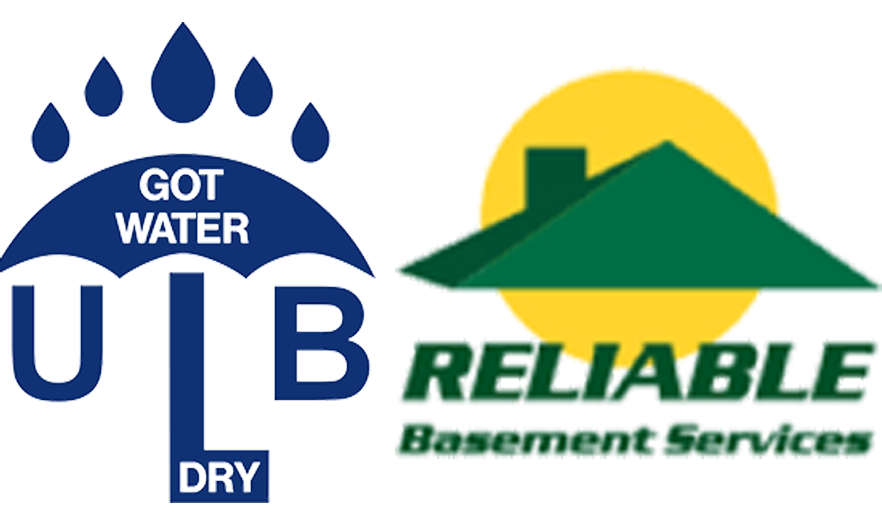
Hydrostatic pressure is a crucial factor to consider when it comes to the structural integrity of your home’s foundation. This invisible force, created by the weight of the water surrounding your basement, can exert immense pressure on the walls and floor of your basement, leading to a host of problems if left unaddressed.
As the groundwater level rises, it creates a constant, outward pressure on your basement walls. This pressure can cause cracks, bowing, and even collapse if the foundation is not properly designed to withstand it. Over time, the relentless force of hydrostatic pressure can compromise the stability of your home, leading to costly repairs.
Understanding the impact of hydrostatic pressure is crucial for homeowners in Homewood, where the local soil and climate conditions can create the perfect storm for foundational issues. This basement waterproofing company in Homewood, Illinois is going to discuss some of the key things you should know about hydrostatic pressure as it relates to your foundation.
Common Issues Caused by Hydrostatic Pressure in Basements
When hydrostatic pressure builds up around your home’s foundation, it can manifest in a variety of ways, all of which can have serious consequences for the structural integrity of your property. Some of the most common issues include:
- Cracks in the Basement Walls or Floor: As the pressure increases, the concrete or masonry walls and floor of your basement can develop cracks, allowing water to seep in and further exacerbating the problem.
- Wall Bowing or Displacement: The outward force of the water can cause your basement walls to bow inward or shift out of their original position, compromising the overall stability of the structure.
- Basement Floor Heaving: The upward pressure of the water can lift the basement floor, leading to uneven surfaces and potential cracking.
- Water Intrusion and Flooding: Cracks and gaps in the basement walls or floor allow water to enter the living space, creating a damp, unhealthy environment and potentially leading to mold growth.
- Foundation Damage: In extreme cases, uncontrolled hydrostatic pressure can cause significant damage to the foundation, requiring extensive repairs by a basement waterproofing company in Homewood, Illinois.
Signs That Your Basement May Be Experiencing Hydrostatic Pressure
Recognizing the early warning signs of hydrostatic pressure can help you take proactive steps to protect your home’s foundation. Some common indicators that your basement may be affected by this issue include:
- Visible Cracks or Bowing in the Walls: Carefully inspect your basement walls for any signs of cracking, bowing, or displacement, as these can be telltale signs of hydrostatic pressure buildup.
- Damp or Musty Odors: If you notice a persistent damp or musty smell in your basement, it could be a sign that water is seeping in through cracks or gaps in the walls or floor.
- Uneven or Cracked Flooring: Pay attention to the condition of your basement floor, as heaving or cracking can indicate that the upward pressure of the groundwater is affecting the structural integrity of your home.
- Visible Water Stains or Leaks: The presence of water stains or active leaks in your basement is a clear indication that hydrostatic pressure is compromising the integrity of your home’s foundation.
If you notice any of these signs, it’s essential to schedule an inspection with a professional basement waterproofing company in Homewood, Illinois.
Looking for a Basement Waterproofing Company in Homewood, Illinois
Are you concerned about the impact of hydrostatic pressure on your home’s foundation? Ready to partner with a professional basement waterproofing company in Homewood, Illinois that can inspect your property and come up with a solution to redirect groundwater and protect your foundation? If so, ULB-DRY Waterproofing is the top choice. Contact us today to schedule a free consultation.





